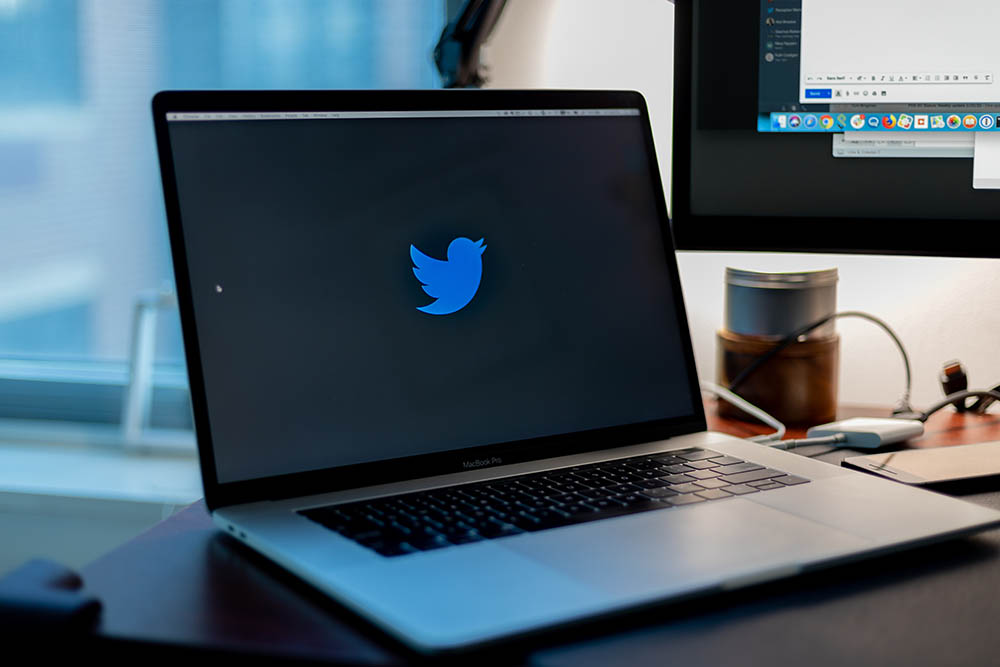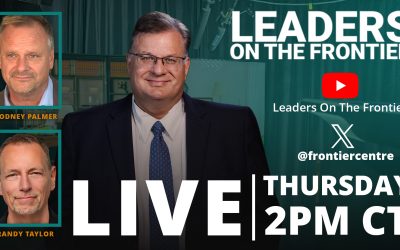First Amendment of the US Constitution:
“Congress shall make no law respecting an establishment of religion, or prohibiting the free exercise thereof; or abridging the freedom of speech, or of the press; or the right of the people peaceably to assemble, and to petition the government for a redress of grievances.”
Section 2 of the Canadian Charter of Rights and Freedoms:
“2. Everyone has the following fundamental freedoms:
- (a) freedom of conscience and religion;
- (b) freedom of thought, belief, opinion and expression, including freedom of the press and other media of communication;
- (c) freedom of peaceful assembly; and
- (d) freedom of association”
On May 27th 2020, the American President lashed out at Twitter, claiming that they were interfering with his freedom of speech after they attached a link to an article about a claim that he made in a tweet that he had sent out. His responding tweet was “Republicans feel that Social Media Platforms totally silence conservatives (sic) voices. We will strongly regulate, or close them down, before we can ever allow this to happen. We saw what they attempted to do, and failed, in 2016. We can’t let a more sophisticated version of that….”
In my view, and the view of quite a few legal and political commentators, Twitter’s actions did not interfere with the president’s freedom of speech, as set out by the US Constitution. Twitter is a private entity, not the US Congress or government. The First Amendment of the US Constitution clearly restricts itself to the activities of the government where they might restrict a citizen’s rights. Twitter’s forum is owned by the company, and as such, is their private board. This is not to say that there are no restrictions on speech. Hate speech is oftentimes restricted, as are a variety of other things, like libellous and slanderous statements. However, Twitter choosing to fact-check a statement made by a politician is neither slanderous nor hate speech. The president calling on Congress to restrict Twitter’s activities on their own forum is, in fact, quite possibly a violation of the 1st Amendment (should they follow through with it).
In point of fact, Twitter has given politicians (including the president) a much wider range of behaviour than an ordinary user would get. For example, if I were to make public statements claiming, without evidence, that another private individual had committed a murder, Twitter would have suspended or banned my account and I would likely be facing either criminal charges or else a civil lawsuit. The president has made such accusations on Twitter and has faced no repercussions.
The truth of the matter is that there is an imbalance in how users are being treated on social media. Certain individuals have been getting away with making outlandish and inflammatory statements for years, and have faced no consequences. Twitter is finally reasserting ownership over their platform. This is in line with the actions of YouTube and Facebook over the previous two years when they de-platformed Alex Jones, and more recently when YouTube has begun to demonetize smaller, non-corporate, political commentators. Is this an attack on conservative voices? Given that many of the commentators that have been demonetized are left-leaning or centrists, it is clearly an indication that these social media platforms are reasserting their control and ownership over a platform that has become something of a wild-west style free-for-all.
In all of this series of posts, was there a violation of someone’s freedom of speech? Not yet. However, the president’s threats to regulate Twitter, if they continue to fact check him, is quite possibly a threat in violation of the 1st  Amendment of the American Constitution.
Amendment of the American Constitution.
Regulating social media is not only likely to be illegal, but it is pointless. If conservative voices are concerned about their being subjected to fact-checking by established private corporations, then the solution is quite simple. Get one of your many very wealthy supporters to bankroll the creation of a conservative-only rival to Twitter. Surely any one of the multitudes of millionaire and billionaire supporters of the president could afford to pony up the paltry few million such an endeavour would cost them.
Éamonn Brosnan is a research associate with the Frontier Centre for Public Policy.



